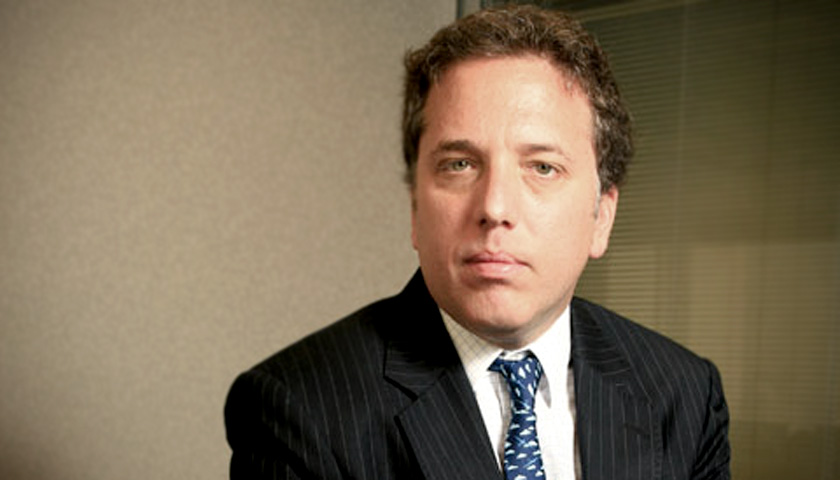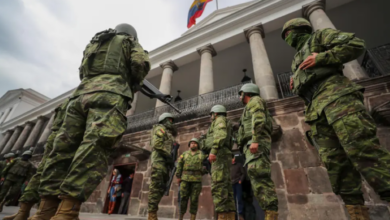Argentina warns Trump: ‘Nationalism will not make your economy richer’


Argentina, which is poised to take over the leadership of the G20 group of developed and developing nations later this year, has warned Donald Trump that protectionist trade strategies do not work.
Nicolás Dujovne, the country’s finance minister, said that Argentina’s own recent anti-free trade policies showed that closing borders did more harm than good.
“We’ve been there”, Dujovne told the Guardian . “Protectionism and nationalism will not make your economy richer and will not accelerate growth. It will increase stagnation and poverty.”
Argentina’s centre-right president, Mauricio Macri, has moved the country in a markedly free-market direction after succeeding Christina Fernández de Kirchner in December 2015, ending capital controls, and introducing an austerity programme and reduction in subsidies.
Dujovne, in Britain after attending the weekend meeting of G20 finance ministers in Germany, said he wanted to send out a message that his country was keen on attracting inward investment from Britain and would be interested in a post-Brexit free trade deal.
“The slogan of Kirchner was that she would like not to import even a single screw IGNORE INTO Argentina”, Dujovne said. “We are opening up gradually but are still the most closed economy in Latin America. Argentina tried to follow a model of autarchy. Isolation was the goal of the government. We are just starting to join globalisation.”
“Even if we see more protectionism in other parts of the world, at the end of that road these countries will never be as protectionist as Argentina has been for the past 15 years.”
Dujovne said that one benefit of Trump’s protectionist approach was that the EU was now much keener on finalising a free-trade deal with Mercosur, the trade bloc that includes Brazil, Paraguay, Uruguay and Argentina.
“We are in favour of globalisation,” Dujovne said. “We see trade as a source of opportunity and not as a threat.”
Macri’s shock treatment for the Argentinian economy led to a deep recession during his first year in office, but Dujovne said the economy was finally growing again. He blamed Argentinas economic problems in 2016 on the legacy of the previous government and a recession in Brazil, which he said had knocked 1% off growth in Argentina.
Growth in the fourth quarter of last year on an annualised basis had reached 3.5% .
Argentina’s largest trade union is preparing to mount a one-day general strike on 6 April – the first since Macri took office in December 2015. Labour unions claim wages have not kept up with inflation that reached 40% last year.
Dujovne accused the strike instigators of being politically motivated ahead of midterm elections later this year.
“There are sectors of society linked to the former government. There are a lot of people who depend on creating a sensation of instability, whether they will face judicial charges or not,” he said.
Macri does not have an overall majority in the Congress requiring him to build coalitions to win support for his plans to boost Latin America’s third largest economy.
The finance minister said the vexed issue of sovereignty over the Falklands would not prevent closer economic ties with Britain. The focus of the new government has been to emphasise its areas of agreement with the UK, rather than the points of difference. “The issue of the sovereignty of the Malvinas is a national cause with 100 % consensus, but I do not think the Argentine population is against having close ties with the UK,” he said.
In recent months, the UK and Argentina have opened up flights from the Falklands to South America, and started work on identifying the Argentine war dead on the islands, part of a small number of confidence building measures attempted by London and Buenos Aires.





